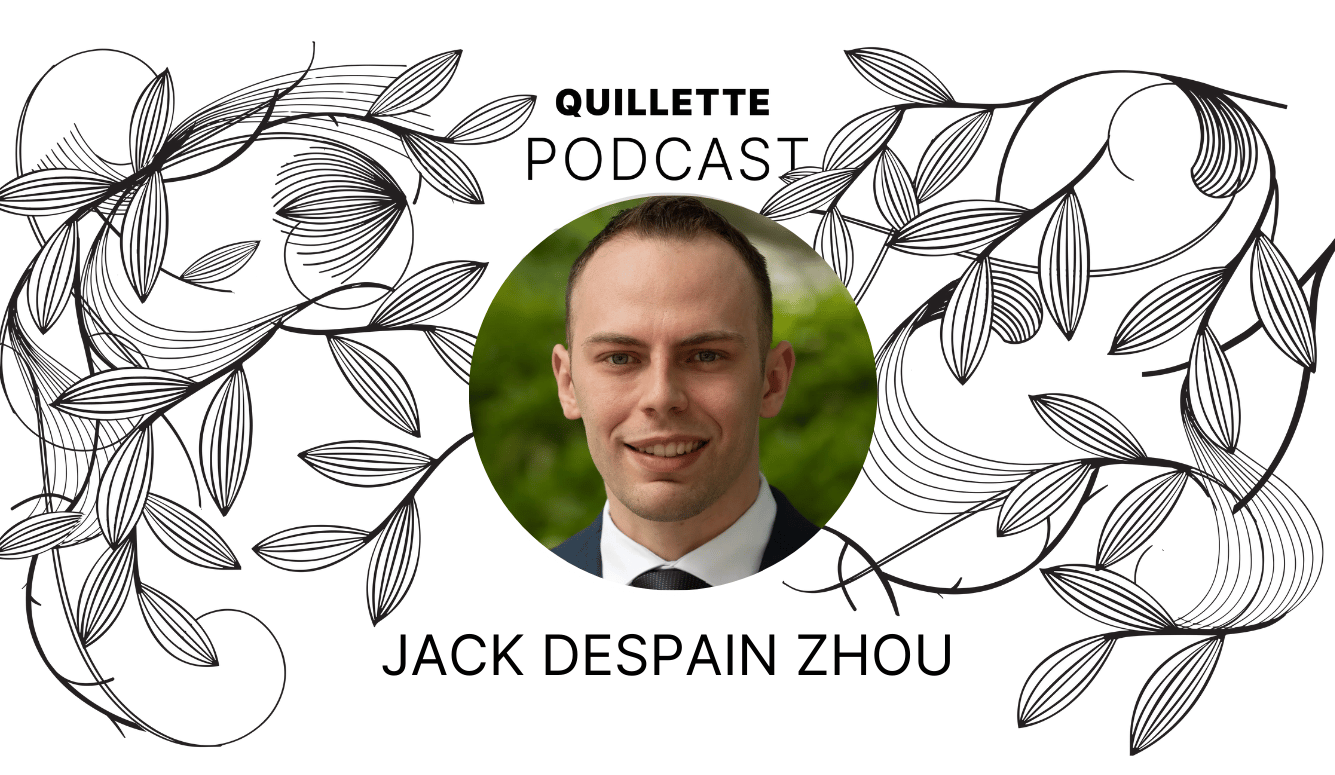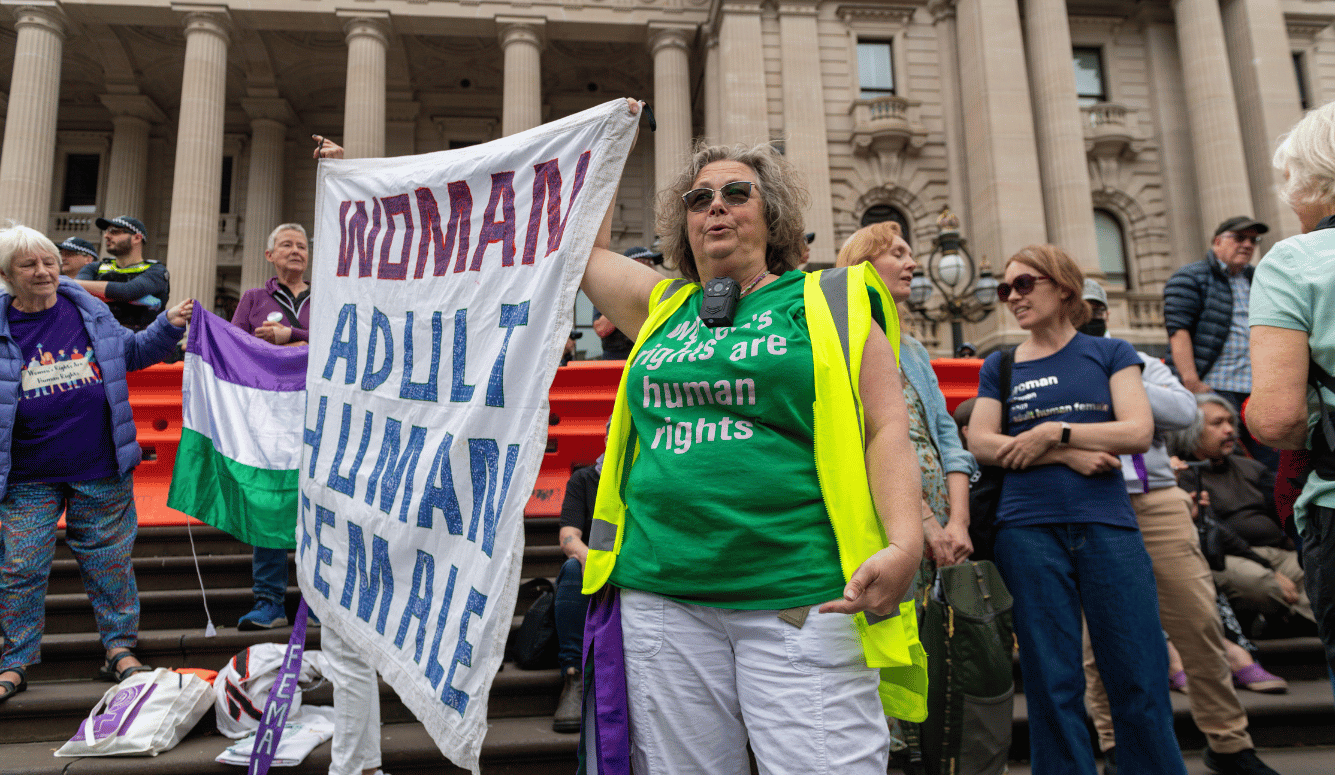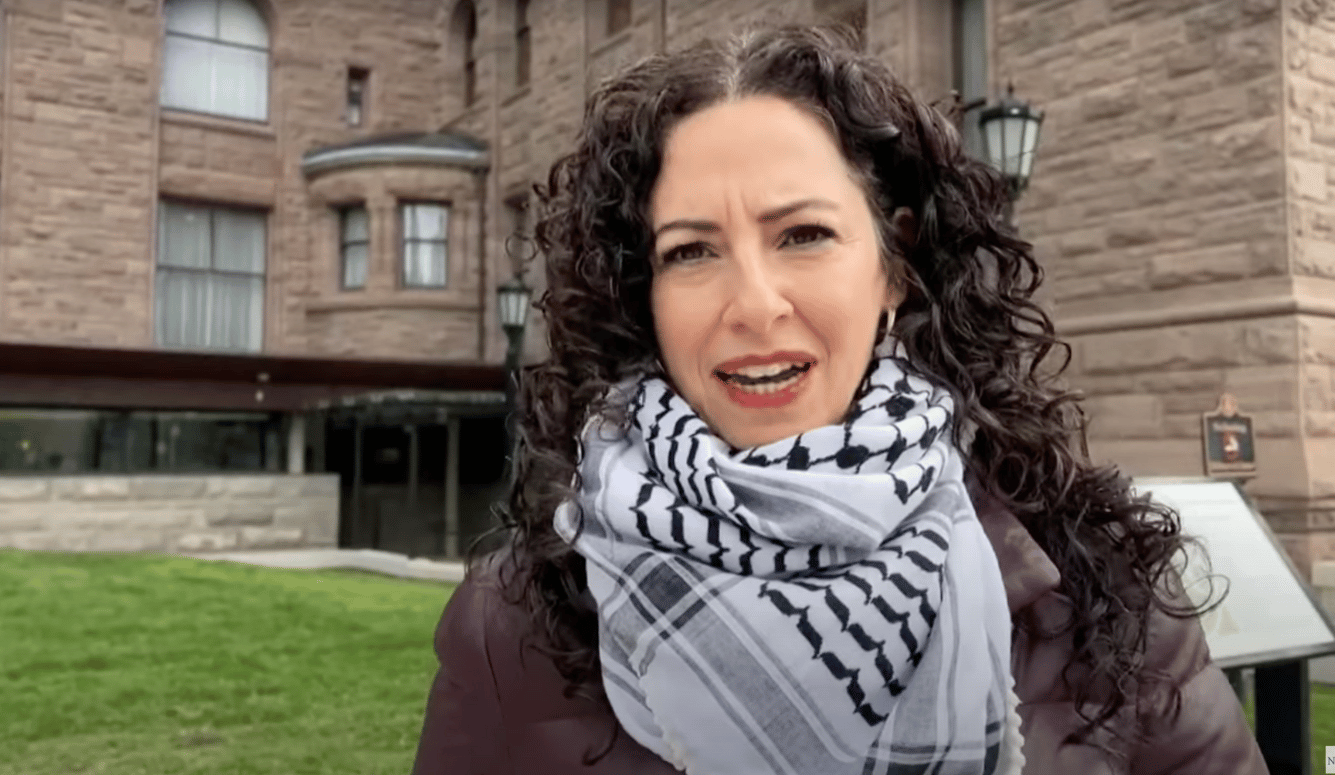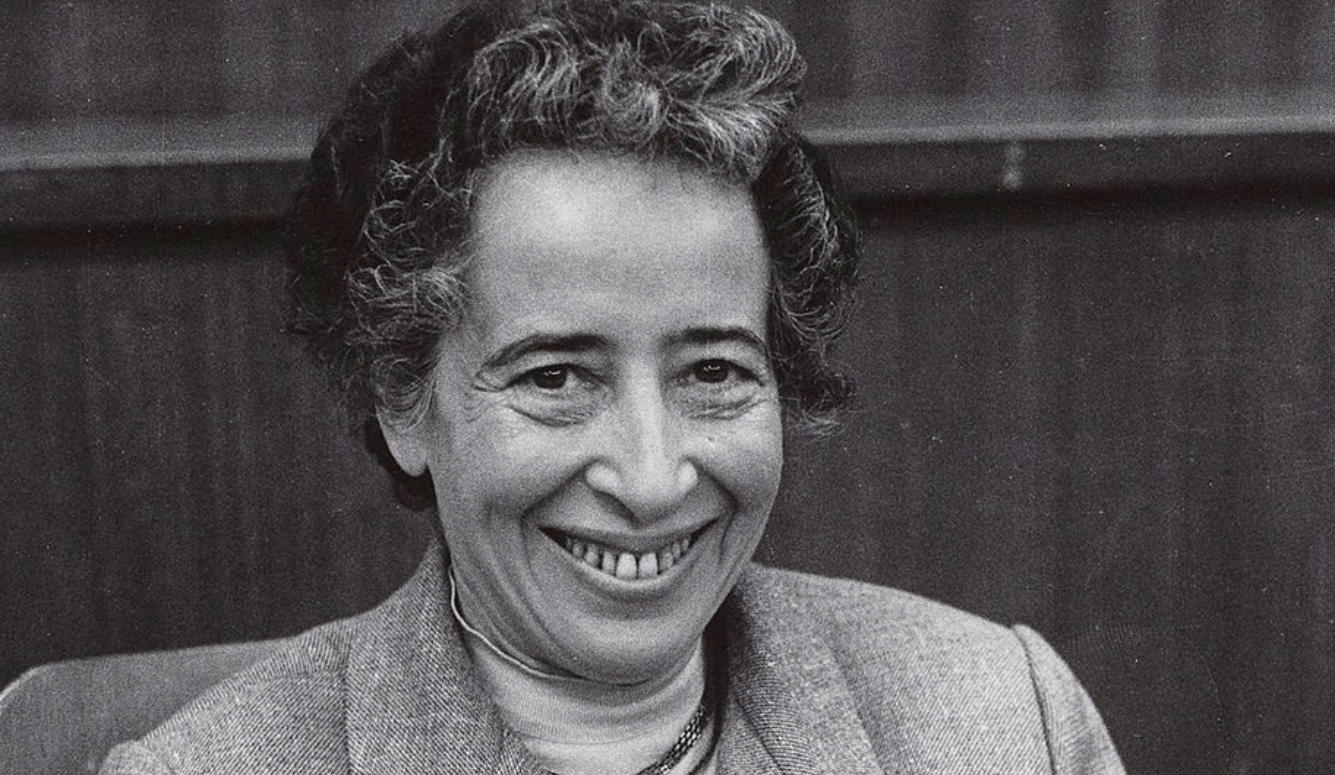Defending Humanities Scholarship from its Defenders
It is an answer looking for a question, the opposite of an open and free search for true knowledge about human beings in the world through time.

University of Toronto academic and literary scholar Ira Wells recently wrote a defence of humanist academics for The Walrus magazine. But Wells’s characterization of humanist scholarship, and its purpose, is itself problematic. Wells claims that the majority of humanities courses are committed to fostering critical thinking. But, as Uri Harris has already pointed out elsewhere at Quillette, Wells’s definition of critical thinking, “to read against the grain of accepted wisdom and to question the inherited power hierarchies that structure human relations,” is in fact applied critical theory, aka Frankfurt School-style leftist politics.
To be critical with the tools of critical theory means analyzing an institution, an event, a work of art, in order to reveal the unequal allocation of power. Within this mode of inquiry, the unequal ‘power dynamics,’ especially within ‘traditional hierarchies,’ are not facts needing explication but roadblocks to social justice, or as Herbert Marcuse put it, “a world without fear and misery.” This form of criticism is primarily about finding oppressors and their victims, not weighing evidence or assessing contending explanations. It is an answer looking for a question, the opposite of an open and free search for true knowledge about human beings in the world through time.
What the humanities are, and what humanist scholars do, I think, is something different. The humanities can and do add to the stock of empirically falsifiable human knowledge. For example, my current research on naval healthcare in Britain between 1650 and 1750 shows that women were far more important for the delivery of care than previously known, and that perceptions within the Royal Navy of women’s work as nurses for sick and injured sailors propelled the modernization of its healthcare administration. Is this a story about power? Unquestionably. Is understanding the ‘power dynamic’ the only thing worth knowing about the development of naval healthcare in Britain? Of course not. Naval officers and administrators believed that they had a duty to provide sailors the best care possible, and most of the time they acted on that conviction, often at great cost. The ‘care dynamic’ was as real historically to the dead humans whom I study as was the power dynamic.
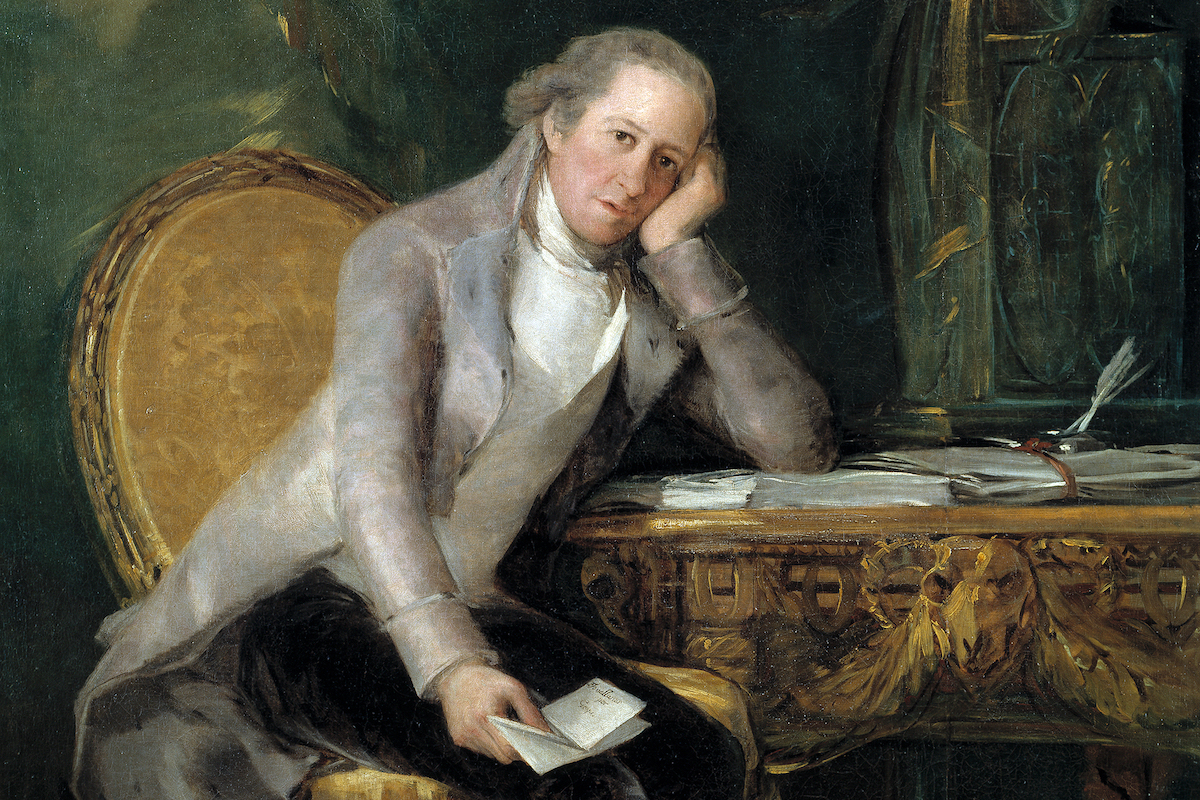
Wells is also right to claim that humanities scholars assess received wisdom critically. But the critique of our, for lack of a better word, civilization, is just one possible outcome of a long period of learning about and from our elders past, flawed (because they were human) as they were. And before humanists can instruct students how they might, as Wells suggests, “read against the grain of accepted wisdom,” students have to learn to appreciate that wisdom on its own terms. You should come to know something deeply before you can criticize it rightly; think of Marx and all those years he spent working in the British Library before he wrote Das Kapital. What is the point of, for example, coaching students to criticize the inequitable distribution of power in the administration and practice of British naval healthcare in the 18th century if they have no idea about the material and social realities of existence during that era? To comment thoughtfully, students would need to go further than gender relations, but understand the somewhat bizarre strategic goals of the British governing classes from roughly 1688 to 1815 which largely arose as consequences of the religious reformations of the 16th century.
Humanities scholars possess a wealth of knowledge about the human experience, as lived and as represented, that they should eagerly share with undergraduate students prior to critiquing it. We are teachers, that is to say, we have authority within the hierarchy known as the university because we have acquired a degree of competence over large bodies of knowledge. We can claim to be scholars because we do research, which is meant to add to that knowledge, grounded in mental labor in the world: in archives, in libraries, in museums, in communities, digital humanities labs, at desks, and so on. For our students, our peers, and the public whose funding makes our enviable working conditions (tenure!) possible, we are, or at least ought to be, servants of the truth. As another literary scholar, Stanley Fish once wrote, if humanities academics also want to save the world by advocating for social justice, they should do it on their own time.
If Wells is right, and humanities professors are paid six-figure salaries to point out to students that traditional hierarchies are wicked and that people with power were and are bad (oppressors) and those without it were and are righteous (victims), we don’t need to go to war with provocative critics of our disciplines. We’ve already cleared away the barricades and blown out our own brains.


